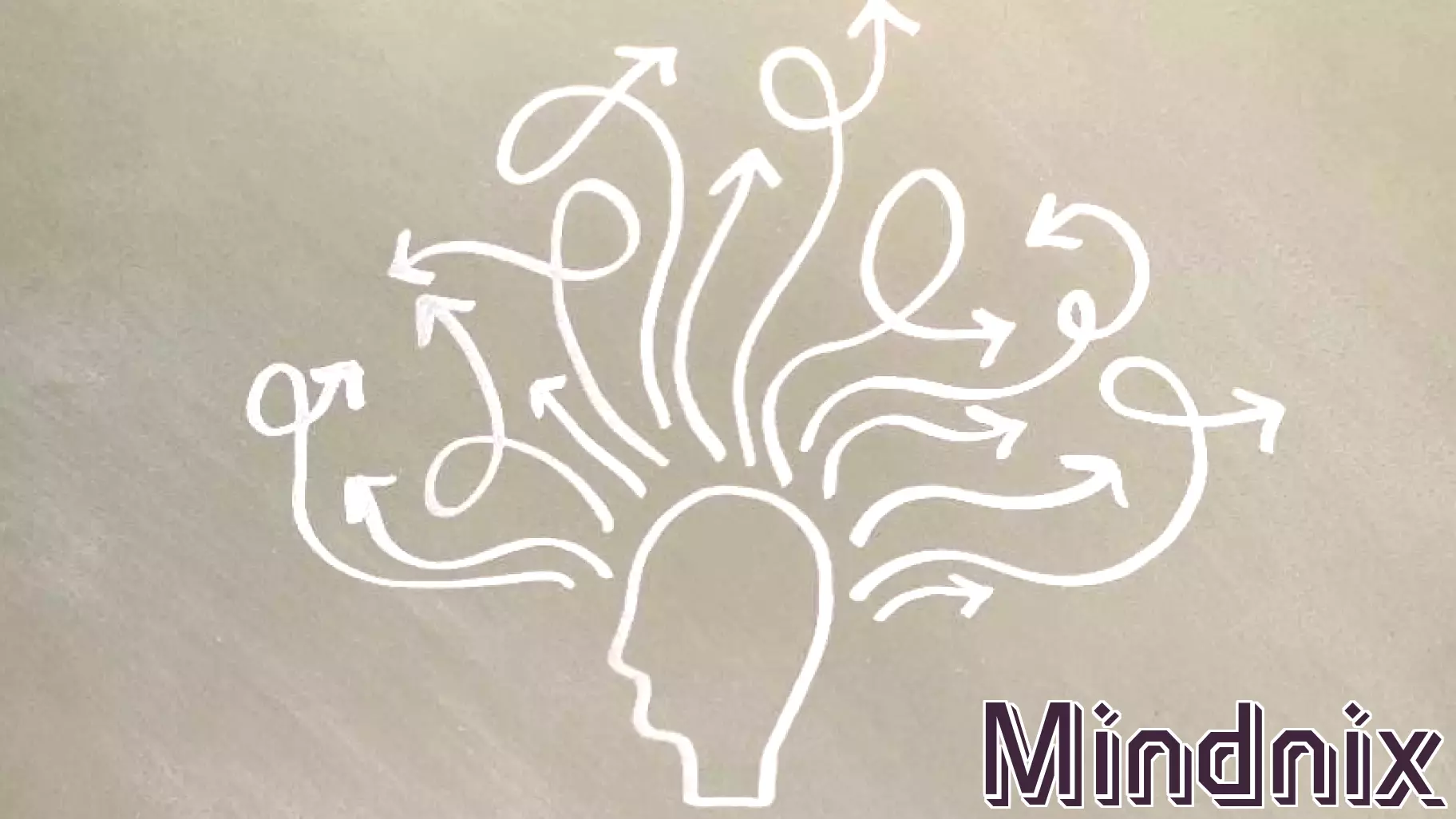Exploring the Human Side of Leadership: Insights from Sébastien Page
November 15, 2025 - 19:10

In a world obsessed with speed, charisma, and the myth of “never give up,” Sébastien Page invites us to slow down and explore the human side of leadership. Page emphasizes that effective leadership is not solely about making quick decisions or exuding confidence; it involves understanding the psychological aspects that drive human behavior. He argues that great leaders must cultivate emotional intelligence, empathy, and self-awareness to truly connect with their teams.
By prioritizing these qualities, leaders can foster a more inclusive and supportive work environment. Page highlights the importance of listening and being present, suggesting that leaders should take the time to understand their team members' perspectives and challenges. This approach not only enhances team cohesion but also promotes a culture of trust and collaboration.
Ultimately, Sébastien Page's insights remind us that leadership is as much about the relationships we build as it is about the goals we achieve. By embracing the psychological dimensions of leadership, we can create more resilient and effective teams.
MORE NEWS

February 25, 2026 - 00:30
Rewired: How the Digital World Reshapes the Human BrainThe impact of our digital lives on the brain is a complex tapestry, not a simple story of harm or benefit. Emerging perspectives suggest that digital engagement, particularly among the young,...

February 24, 2026 - 00:52
Day in the life: Health sciences senior follows research toward clinical psychologyIsabella Bourtin, a health sciences senior, exemplifies the determined focus required to navigate a significant academic shift. Once firmly on the pre-med track, she has successfully pivoted her...

February 23, 2026 - 01:31
Toxic People Makes Us Age FasterThe emotional toll of difficult relationships is well-documented, but new research indicates the damage may be more than skin deep, potentially accelerating the biological aging process. A recent...

February 22, 2026 - 01:17
From Psychology to the Runway, Purpose Takes Center StageFor Lisa Jacovsky, a recent runway appearance during New York Fashion Week was far more than a fashion statement. Recognized as a `Queen of Impact` on the catwalk, the moment served as a powerful,...